
Many people, for countless reasons, decide to learn Portuguese on their own. This doesn’t mean it’s an alternative to language academies or certified teachers. However, as you will see through a real-life story below, it is possible to learn a language by yourself.
You’ll discover the story of Alberto, a man who had no choice but to dedicate himself to learning Portuguese in record time. Undoubtedly, it was a feat for someone who had never taken language classes or had any prior contact with the language. Maybe his story will inspire you to start learning that language you’ve always wanted to master.
This story is fascinating and proves that you can learn a language on your own!
A man with a lot of “street smarts”
Alberto is a fantastic guy. He has what people call “street smarts”—that is, he’s someone who handles himself very well in social settings, with a pleasant personality and impressive charisma. And we say “street smarts” because Alberto never attended university.
He’s always been clever and skilled in commerce, spending his life buying cheap goods and reselling them at a higher price. Despite appearing to live comfortably, his life was a financial rollercoaster. One day, he could have plenty of money, and the next, he couldn’t afford a new pair of shoes.
Because of this instability, Alberto knew he needed to change his life—find a stable job that paid well. But… he just didn’t know how!
A life-changing opportunity: Take it or leave it!
The solution to Alberto’s problems came when he least expected it. One day, someone invited him to a party where he met Markus, a prominent executive at a multinational telecommunications company—a well-connected man with a lot of money.
Despite his wealth, Markus struggled to find someone he could trust to work as his personal assistant. The candidates he had interviewed were highly qualified, but they lacked one critical element—something you can’t list on a résumé or learn in school: they lacked “street smarts”. This was something Alberto had in abundance.
Impressed by Alberto’s quick thinking, Markus offered him a job as his assistant and public relations officer. The offer included an astonishing salary, a company car, and an apartment. But there was a catch: Alberto had to move to Brazil for two years. Markus needed someone he could trust as he started a new company project there.
The biggest challenge? As Markus’s assistant, Alberto would need to handle public relations—essentially acting as a host for Brazilian entrepreneurs and local authorities. In short, he needed to speak Portuguese—no excuses.
It was a once-in-a-lifetime opportunity—everything Alberto had dreamed of. There was no way he would let not speaking Portuguese stand in his way.
Self-teaching was the only option
Alberto lived in a small town where there were very few language schools. The ones that did exist only offered English classes, and there were no Portuguese teachers available. This was a massive problem: how could he learn Portuguese without attending classes? His only option was to teach himself.
Without hesitation, he gathered every resource he could find online: videos, library books, and any materials he could get his hands on. With admirable discipline, Alberto dedicated over eight hours a day to learning Portuguese phonetics, vocabulary, and grammar. He wrote sentences, translated them, listened to songs, and tried to guess their meanings. He even read Portuguese books, determined to master the language.
However, after a few weeks, progress was slow. Alberto faced major challenges with pronunciation and listening comprehension. Reading a text? He could figure out its meaning with the help of a dictionary. But listening to audio conversations? He couldn’t understand a single word.
This was frustrating because his job required him to speak Portuguese fluently and understand it. Alberto knew that he needed to come up with a better plan—and fast.

“Cutting the clutter”: A key step in learning languages independently
Up until that point, Alberto had approached his self-study incorrectly. He had focused too much on grammar and writing—skills that wouldn’t help him with his immediate goals. After all, he could always use a translator or proofreading tools for written communication.
So, he decided to “cut the clutter” and focus solely on what mattered most: speaking Portuguese. He would learn the language like a child does—step by step.
As a dedicated autodidact, Alberto began memorizing a small set of words each day, learning their phonetic pronunciations. This allowed him to gradually build a working vocabulary. He started with simple words: everyday objects, greetings, and commonly used phrases.
Using a voice recorder, he practiced speaking aloud, comparing his pronunciation with audio files downloaded from the internet. Over time, his ear adjusted to the language’s sounds, and he could recognize spoken words without using a translator.
One day, while searching for a Portuguese translation app, Alberto discovered Talkao Translate, a tool that became instrumental in his process of learning Portuguese. This app allowed him to make instant translations and, most importantly, learn correct pronunciations.
Using technology: A turning point to learn Portuguese
One lesson Alberto learned during his self-teaching journey was the importance of leveraging technology. Today, there are countless tools available to help you learn Portuguese—or any other language—quickly and effectively. Many of these resources are free and feature user-friendly methodologies.
From online streaming videos and language-learning platforms to visual resources and mobile apps, technology provides numerous ways to learn Portuguese independently. Among these tools, translation apps like Talkao Translate are particularly popular.
These apps can be downloaded onto any mobile device and often work both online and offline. Apps like Talkao dictionary can translate hundreds of languages, teach grammar, phonetics, and even provide real-world usage examples.
For Alberto, these tools enabled him to learn Portuguese in record time. Not long after, he moved to São Paulo, where he continues working as Markus’s assistant and living a new life full of opportunities.

The pros and cons of learning a language independently
While Alberto’s success is inspiring, is it really advisable to learn a language on your own? Let’s examine the pros and cons to help you make a better decision. But first, let’s see who could be a candidate for this learning option.
Who should try to learn Portuguese on their own?
Alberto’s story is a very unique case—honestly, something that happens once in a blue moon. However, it’s a real-life example that could resonate with you. As unusual and fascinating as Alberto’s experience may seem, it’s just one among millions of situations where people need to learn a language quickly. Here are some of the most common scenarios:
- Migration to another country: This is by far the most common reason. For whatever circumstances—political, religious, or economic—you may need to pack your things and move abroad. Often, there’s little time to prepare, and self-taught language learning becomes your only viable option.
- New job opportunities: Imagine your boss calls you with an exciting offer: a position in a foreign country where they speak a different language. Would you take it? If your answer is “yes,” then you’d probably need to hit the ground running and start studying the language on your own.
- No language schools in your area: While this excuse is becoming less valid thanks to the internet, it still holds true for some people. Today, there are thousands of excellent online language schools. However, not everyone has easy access to these resources. In such cases, self-learning is often the best solution.
- Immersion in a new culture: This is another common scenario. Perhaps your partner or family relocates to a new country before you’ve had the chance to enroll in a language school. In this situation, diving headfirst into self-taught language learning can be a brilliant idea.
- Simply because you want to: Yes! This is a completely valid reason that no one can argue with. Maybe you choose the self-taught route simply because you want to, because it suits you better, or because you find your own motivation to do so.
Whether it’s out of necessity or personal choice, learning a language like Portuguese on your own is not only possible but can also be incredibly rewarding.
Pros of learning a language independently
- No fixed schedules: Learn whenever it fits into your day.
- Cost-effective: Save on academy fees, books, and materials.
- Self-paced learning: Go as fast or slow as you need.
- Personalized focus: Study what you need the most—grammar, speaking, or listening.
- A sense of accomplishment: Learning something on your own is incredibly rewarding.
- Technological resources: Tools like Talkao Translation apps make independent learning easier and more efficient.
Cons of learning a language independently
- Lack of structure: Without a formal methodology, you may learn inefficiently.
- Procrastination risk: No accountability means it’s easy to lose focus.
- Slower progress: Without guidance, learning may take longer.
Whether or not you decide to learn a language on your own depends on your goals, discipline, and situation. Alberto’s story proves that it is possible to become fluent through self-study if you’re determined and strategic.
With the right tools—like Talkao Translation apps—you can overcome obstacles and achieve your language goals. So, are you ready to start learning Portuguese?
Let’s get to work!
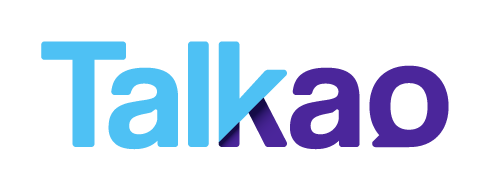

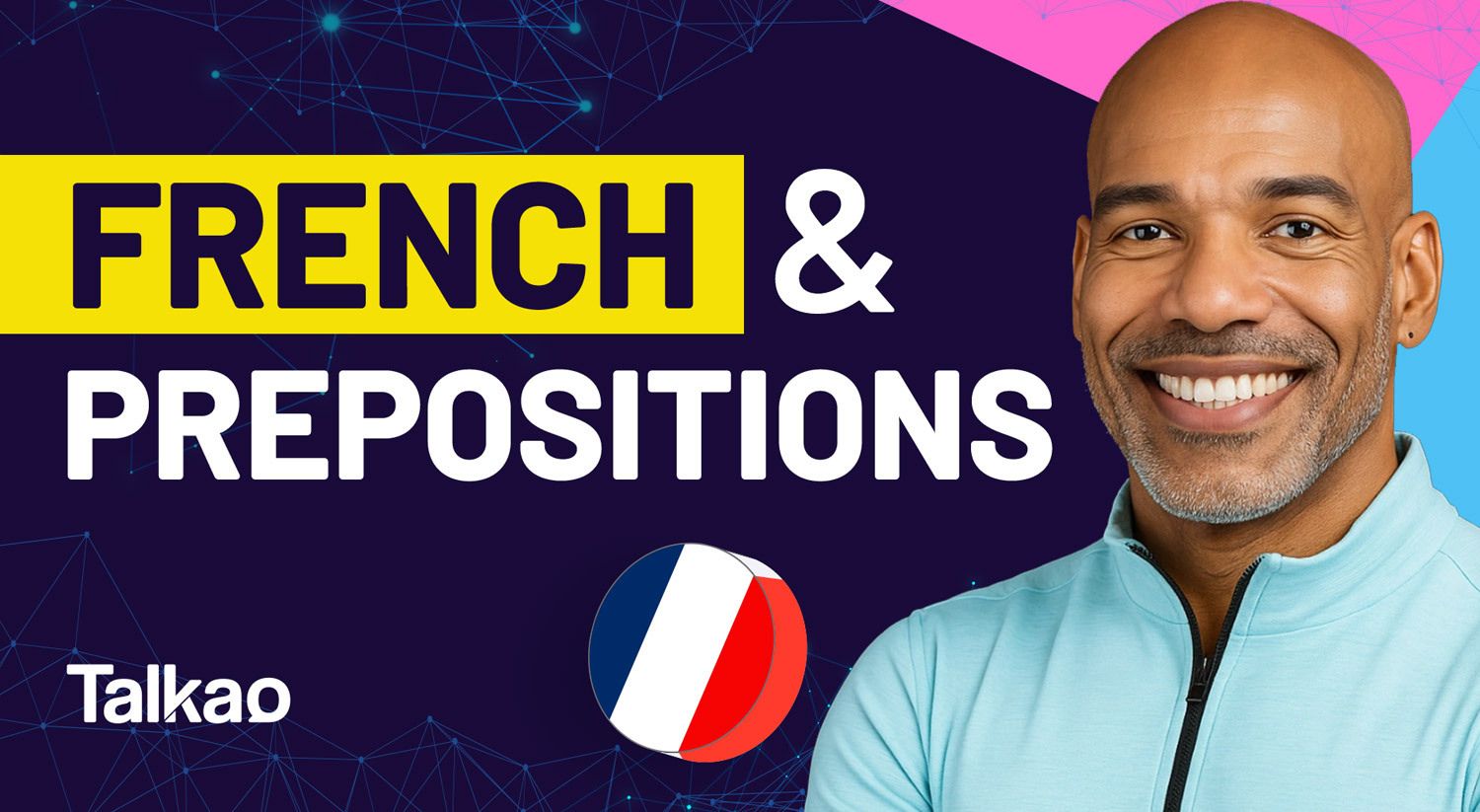

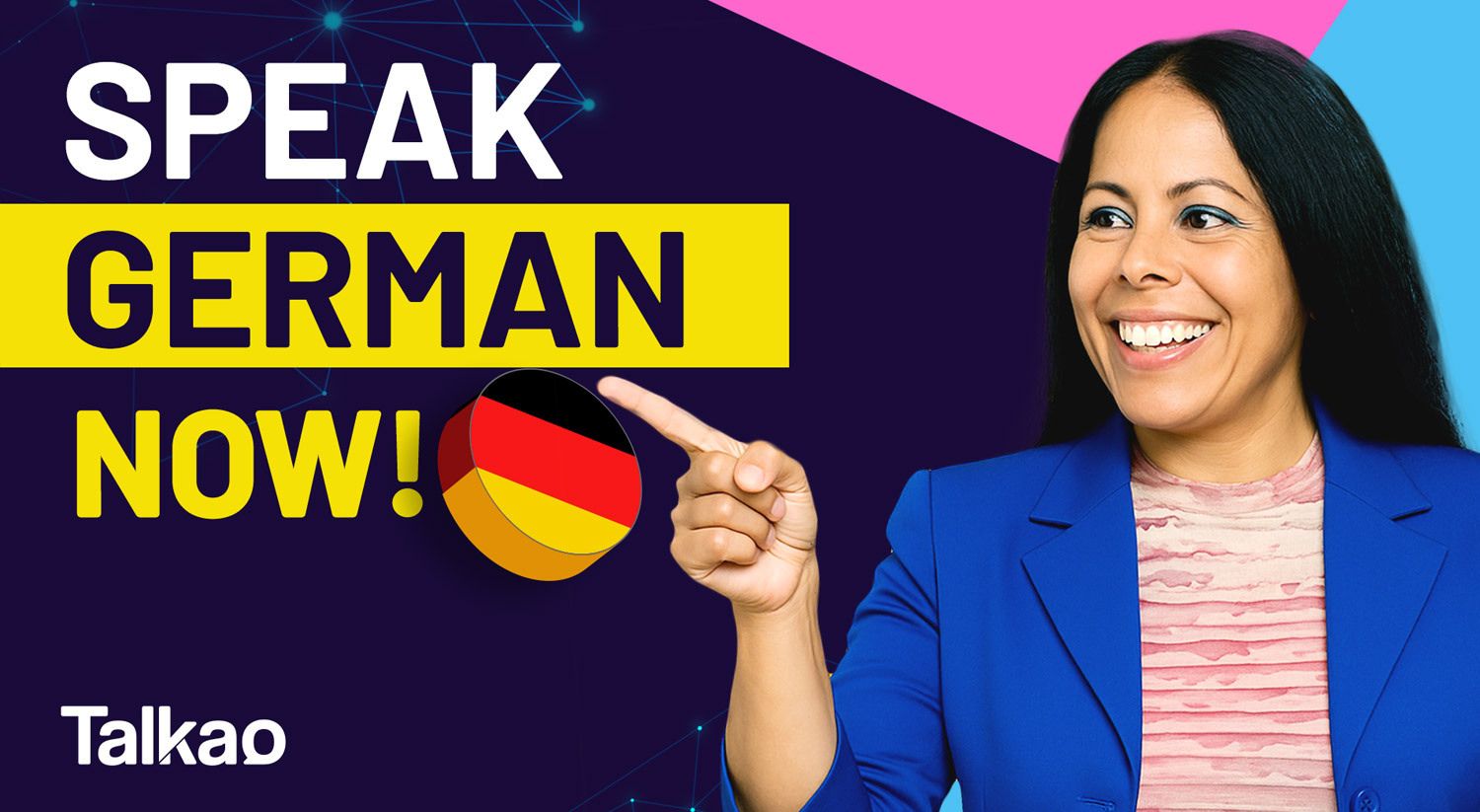
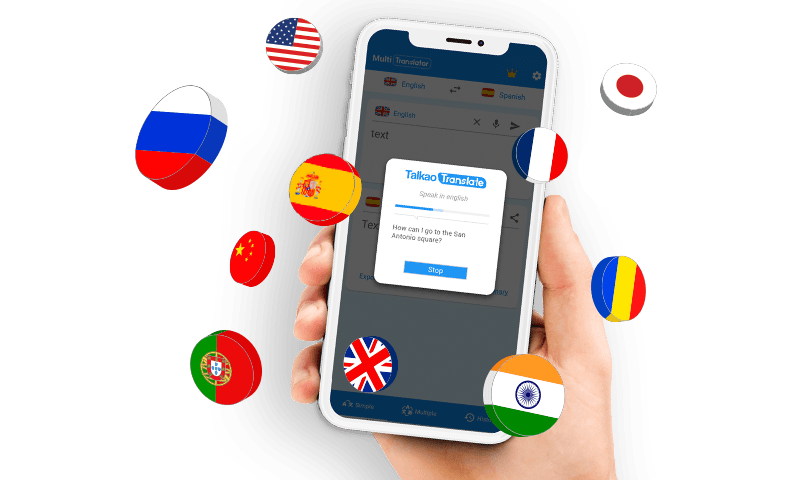

Newsletter